Participants
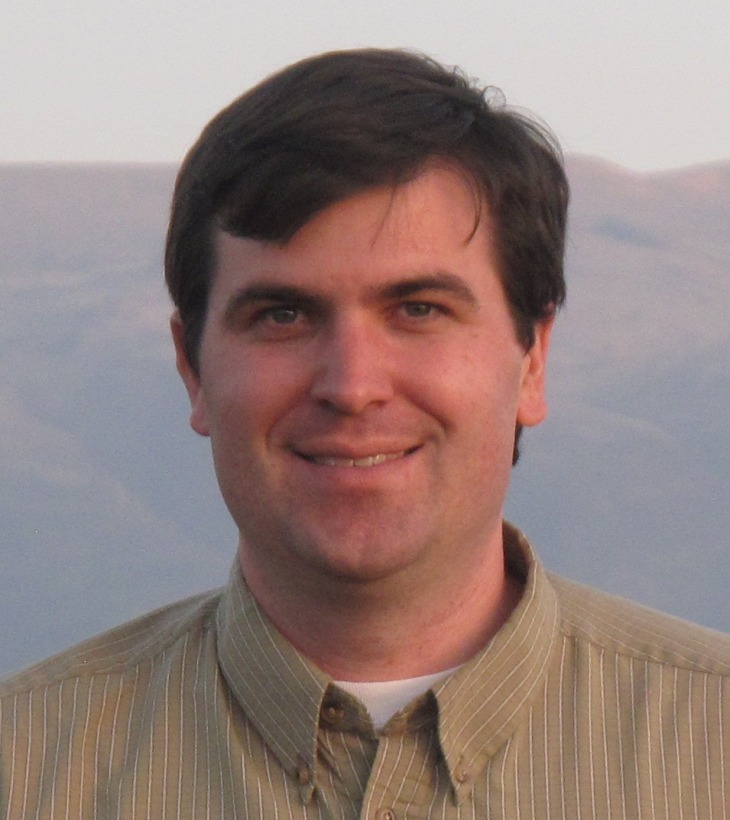
Name: Alex C. Ruane
NASA Goddard Institute for Space Studies, New York City, NY
Link to Alex C. Ruane's NASA page
Role: VIACS Advisory Board Co-Chair
Communities Represented: Agricultural Impacts
Dr. Alex Ruane is a Research Physical Scientist at the NASA Goddard Institute for Space Studies and an adjunct Associate Research Scientist at the Columbia University Center for Climate Systems Research in New York City. Alex serves as the co-chair of the Vulnerability, Impacts, Adaptation, and Climate Services (VIACS) Advisory Board or the Sixth Coupled Model Intercomparison Project (CMIP6), and is also the Research Coordinator and Climate Team Leader for the Agricultural Model Intercomparison and Improvement Project (AgMIP).
Alex’s research uses a variety of climate and impacts assessment models to examine the influence of climate variability and change on a variety of sectors including agriculture, water resources, urban areas, infrastructure, energy, and human health, leading to the development of adaptation strategies and decision support tools for stakeholders and policy makers who need to understand vulnerabilities and uncertainties to successfully manage risk. Alex also works to develop new methods to develop applications-ready climate datasets, tailor climate scenarios for unique applications around the world, and investigate extreme climate events.
Alex conducted his doctoral work studying the water cycle in the climate group at the Scripps Institution of Oceanography, and received a B.S. in atmospheric science at Cornell University.
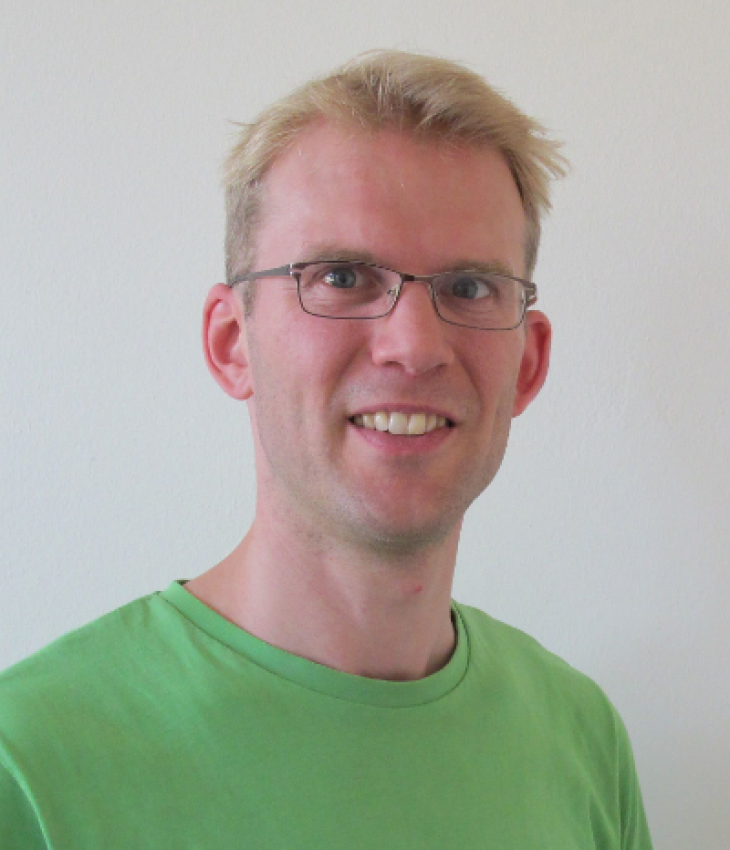
Name: Claas Teichmann
Climate Service Center Germany (GERICS)
Link to Claas Teichmann's GERICS page
Role: VIACS Advisory Board Co-Chair
Communities Represented: Climate Services
Dr. Claas Teichmann is a postdoctoral researcher at the Climate Service Center Germany (GERICS) in Hamburg, Germany. After studying physics in Göttingen, Lyon and Bremen, he worked in the regional climate modelling group at the Max Planck Institute for Meteorology. In his PhD, he investigated air pollution in South America caused by mega-cities and biomass burning. Claas Teichmann is involved in several international projects, among which IMPACT2C investigates climate change and its impacts under a 2°C warming. He supports the coordination of the international activity EURO-CORDEX aiming at high resolution regional climate simulations, their analysis and distribution among users.
In order to bridge the gap between science and practice, he is joining the effort in establishing a climate service journal, targeting both, science and practice.
His scientific interest is the analysis of climatic extremes in low emission scenarios. In addition, he investigates the model chain and the related uncertainty extending from the climate change signal to the regional and local impact.
Name: Nigell Arnell
University of Reading, UK
Communities Represented: WaterMIP
Name: Tim Carter
Finnish Environment Institute (SYKE), Finland
Communities Represented: TGICA
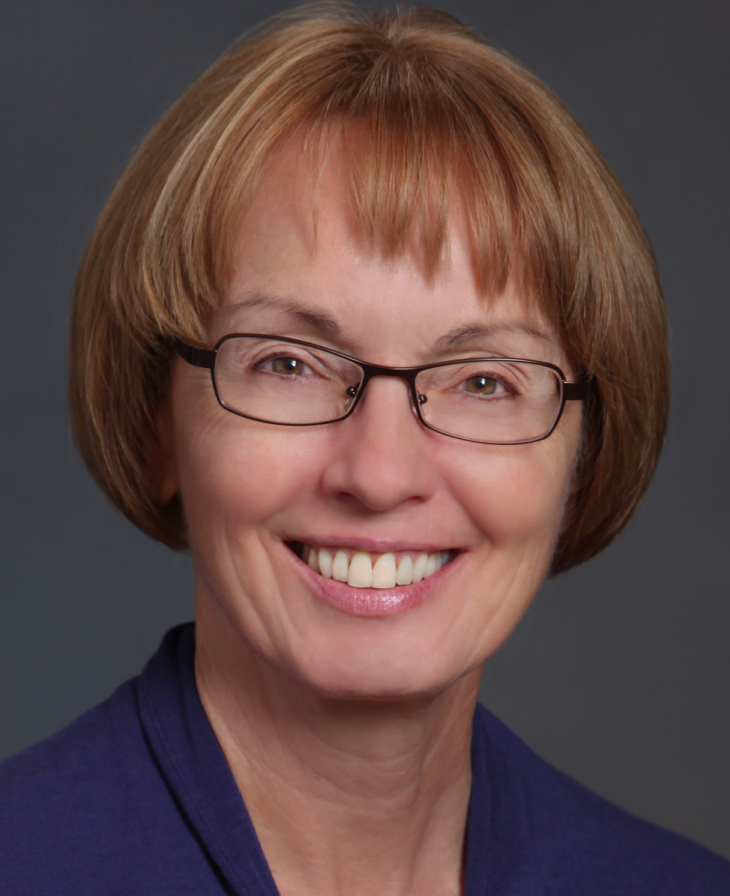
Name: Kris Ebi
University of Washington, USA
Communities Represented: ICONICS/Health
Kristie L. Ebi is a Professor in the Departments of Global Health and of Environmental and Occupational Health Sciences, University of Washington. She conducts research on the health risks of climate change, including from extreme events, thermal stress, foodborne and waterborne safety and security, and vectorborne diseases. She has worked on understanding vulnerability and designing adaptation options to increase resilience in multi-stressor environments in Central America, Europe, Africa, Asia, the Pacific, and the US.
She co-chairs the International Committee On New Integrated Climate change assessment Scenarios (ICONICS), facilitating developing new climate change scenarios. Dr. Ebi holds a M.S. in toxicology and a Ph.D. and MPH in epidemiology. She edited four books on aspects of climate change and published more than 150 papers.
Name: Katja Frieler
Potsdam Institute for Climate Impacts Research, Germany
Communities Represented: ISI-MIP
Name: Clare Goodess
University of East Anglia, UK
Communities Represented: WGRC
Name: Bruce Hewitson
University of Cape Town, South Africa
Communities Represented: CORDEX
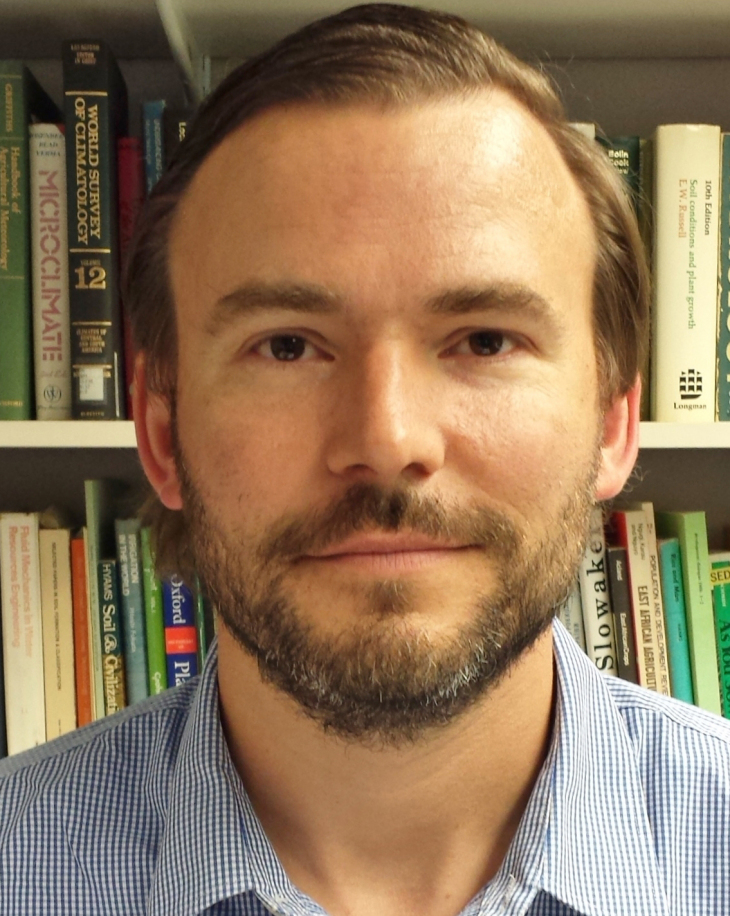
Name: Radley Horton
Columbia University, USA
Communities Represented: Urban/Coastal
Radley Horton is an Associate Research Scientist at the Center for Climate Systems Research at Columbia University, affiliated with NASA’s Goddard Institute for Space Studies. Radley was a Convening Lead Author for the Third U.S. National Climate Assessment, Northeast Chapter. He is the Lead Principal Investigator for the NOAA-Regional Integrated Sciences and Assessments-funded Consortium for Climate Risk in the Urban Northeast. Radley has also been a Co-leader in the development of a global research agenda in support of the United Nations Environmental Program’s Programme on Vulnerability, Impacts, and Adaptation (PROVIA) initiative.
Radley serves on numerous national and international task forces and committees, including the Climate Scenarios Task Force in support of the 2018 National Climate Assessment. Radley frequently appears on national and international television, radio, and in print. Radley teaches in Columbia University’s Sustainable Development department.
Name: Sari Kovats
London School of Hygiene and Tropical Medicine, UK
Communities Represented: Health
Name: Linda Mearns
National Center for Atmospheric Research, USA
Communities Represented: ICONICS
Name: Antonio Navarra
Istituto Nazionale di Geofisica e Vulcanologia, Italy
Communities Represented: Climate Services
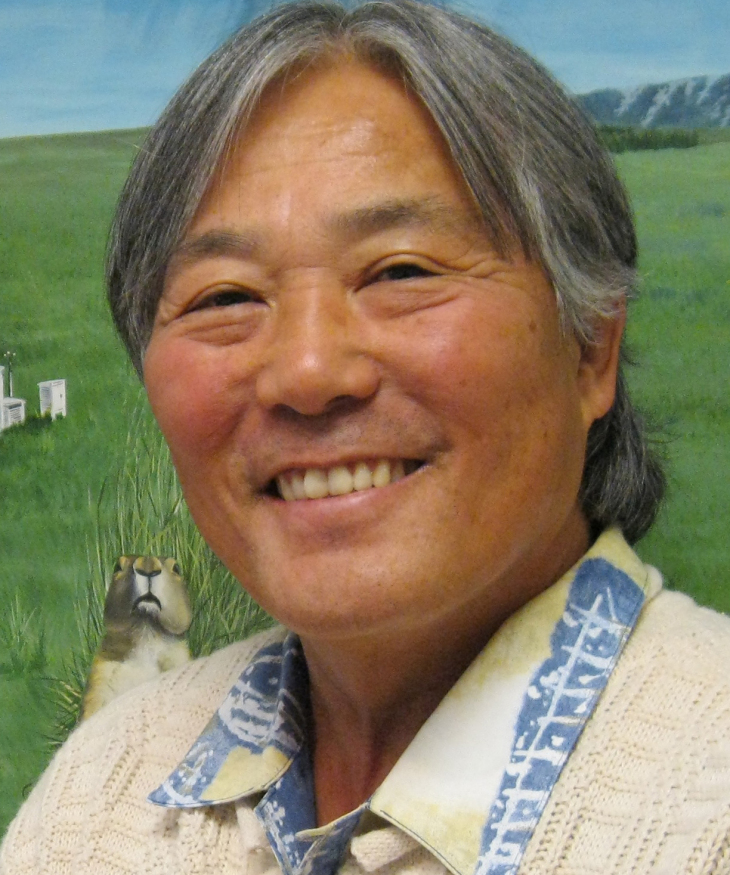
Name: Dennis Ojima
Colorado State University, USA
Communities Represented: Land Ecosystems
Dr. Dennis Ojima is a Professor, Department of Ecosystem Science and Sustainability; Senior Research Scientist, Natural Resource Ecology Laboratory at Colorado State University; Acting Director of the US hub of the Future Earth Secretariat; and University Director of the North Central Climate Science Center at Colorado State University for the Department of Interior. His research area involves application of social ecological system approaches to climate and land use changes on ecosystems around the world, carbon accounting, and adaptation and mitigation strategies to climate change. These research efforts have led extensive international work in Senegal, Ethiopia, China, Mongolia, and Central Asia training researchers and managers in topics related to carbon sequestration, adaptation technologies, and modeling land use and climate change impacts on ecosystem dynamics.
He served as co-convener of the technical report and the synthesis chapter of the Great Plains Regional Assessment for the US National Climate Assessment. He has been recognized for his international contributions in the Millennium Ecosystem Assessment receiving which received the 2005 Zayed International Prize for the Environment and the International Panel on Climate Change (IPCC) 2007 Nobel Peace Prize. In 2013 was honored as a Champion of the Environment by the Mongolian Minister of the Environment and Green Development. Professor Ojima received his BA and Master’s Degrees in Botany from Pomona College (1975) and the University of Florida (1978), and his PhD from the Rangeland Ecosystem Science Department at Colorado State University in 1987.
Name: Keywan Riahi
International Institute for Applied Systems Analysis, Austria
Communities Represented: Energy/IAMs
Name: Cynthia Rosenzweig
NASA Goddard Institute for Space Studies, USA
Communities Represented: PROVIA/AgMIP
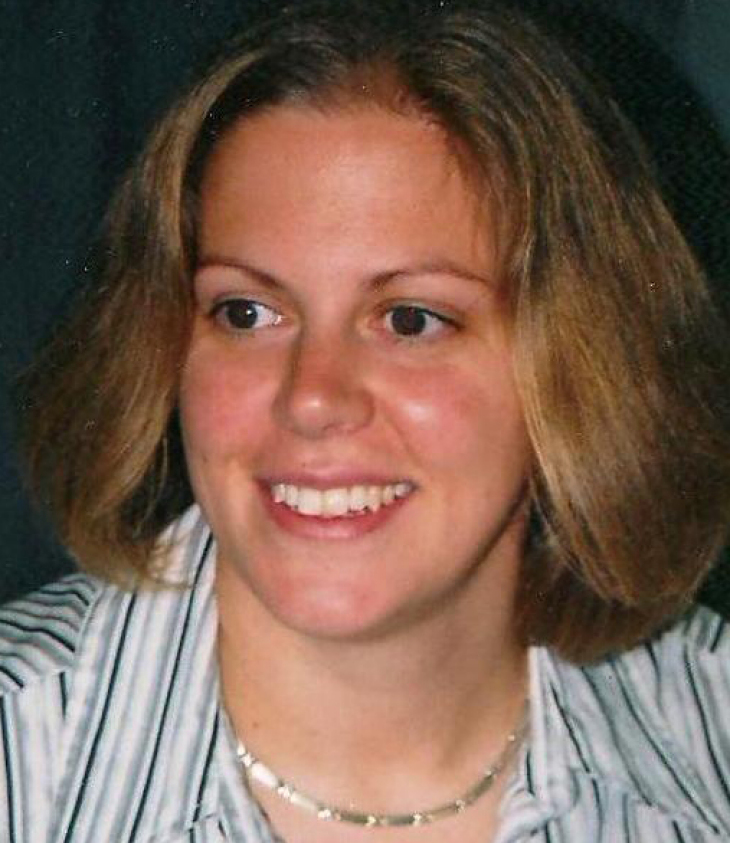
Name: Katharine Vincent
Kulima Integrated Development Solutions, South Africa
Communities Represented: Climate Services
Dr Katharine Vincent is a Visiting Professor in the School of Architecture and Planning at the University of the Witwatersrand, Johannesburg, and a Director of Kulima Integrated Development Solutions (Pty) Ltd. Katharine was a Lead Author for the Rural Areas chapter and the cross-chapter gender box, and a Contributing Author to the Africa chapter of the IPCC Fifth Assessment Report (Working Group 2 – Impacts, Adaptation and Vulnerability). Her main interest is ensuring that the latest science is used to inform decisions around adaptive and climate-resilient development.
She is currently involved in a number of projects, mainly in southern and eastern Africa, that investigate the actual and potential use of climate services for decision-making.
